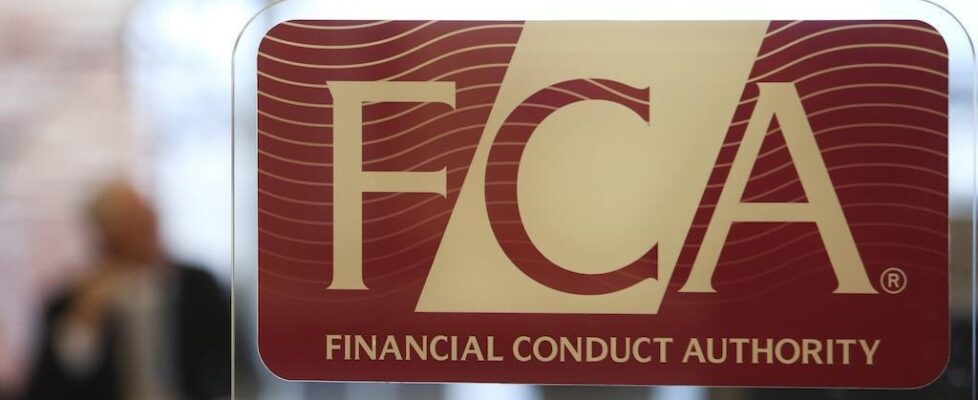FCA to focus on dealing with greater number of problem firms
The UK Financial Conduct Authority (FCA) has launched a new strategy to improve outcomes for consumers and in markets throughout the UK.
A key focus of the strategy is shutting down problem firms, which do not meet basic regulatory standards. The FCA is recruiting 80 employees to work on the initiative.
The regulator is improving its capacity to intervene when firms cannot meet threshold conditions and remove or sanction firms that cannot or will not meet the FCA standards.
In year 1, the FCA will focus its efforts on dealing with a greater number of problem firms than in previous years. From year 2, it will combine its greater capacity with greater ambition, so it deals with more complex firms.
The regulator says it will use breaches of threshold conditions to stop or restrict the activities of a broader range of problematic firms, even if they do not pose a risk to consumers or markets.
The aim is to limit the impact these firms can have on consumers and markets. The stronger authorisation gateway prevents these firms from entering the market in the first place. Firms that meet the FCA threshold conditions and are new to financial services will receive enhanced supervision from FCA’s new early oversight team.
The FCA is also scaling up its ability to intervene in real time so it can act faster to address ongoing risks. The regulator plans to more readily make use of its formal powers to reduce and prevent harm, accepting a higher risk of legal challenge.
The regulator will adapt its response to the circumstances it faces, targeting the requirements it imposes on firms so they match the risks they pose. For example, requiring firms to stop specific activities or taking on new business.
In the short term, the FCA will measure its impact through the results of its firm interventions. This includes the number of cancellations and withdrawals of permissions, to reflect an increase in the FCA effort to intervene when firms fail to meet the threshold conditions.





